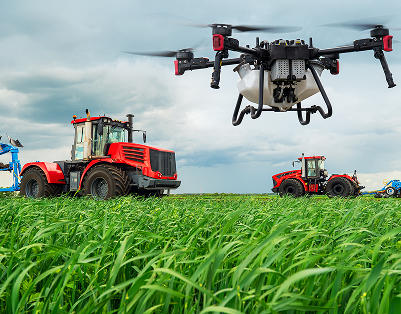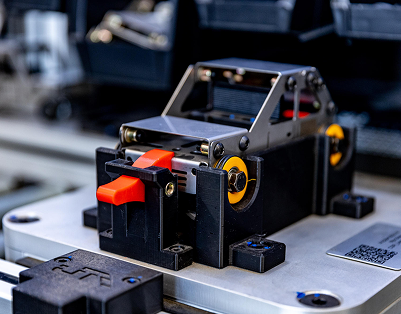At the CSIR, our research scope encompasses a diverse range of sectors where our role is either as a partner or as a technology and innovation solutions provider. Our highly competent staff and state-of-the-art infrastructure provide our partners with access to leading minds and facilities to help organisations deliver on cutting edge research and technological innovation, offering tangible solutions to immediate problems.
SOLUTIONS
What We Do
To solve complex problems, organisations are required to take on multidisciplinary approaches.
 Agriculture And Food
Go somewhere
Agriculture And Food
Go somewhere Built Environment
Go somewhere
Built Environment
Go somewhere Chemicals And Materials
Go somewhere
Chemicals And Materials
Go somewhere Defence And Security
Go somewhere
Defence And Security
Go somewhere Digital Solutions and Services
Go somewhere
Digital Solutions and Services
Go somewhere Health
Go somewhere
Health
Go somewhere Manufacturing
Go somewhere
Manufacturing
Go somewhere Mining
Go somewhere
Mining
Go somewhere Mobility And Logistics
Go somewhere
Mobility And Logistics
Go somewhere Natural Environment
Go somewhere
Natural Environment
Go somewhere